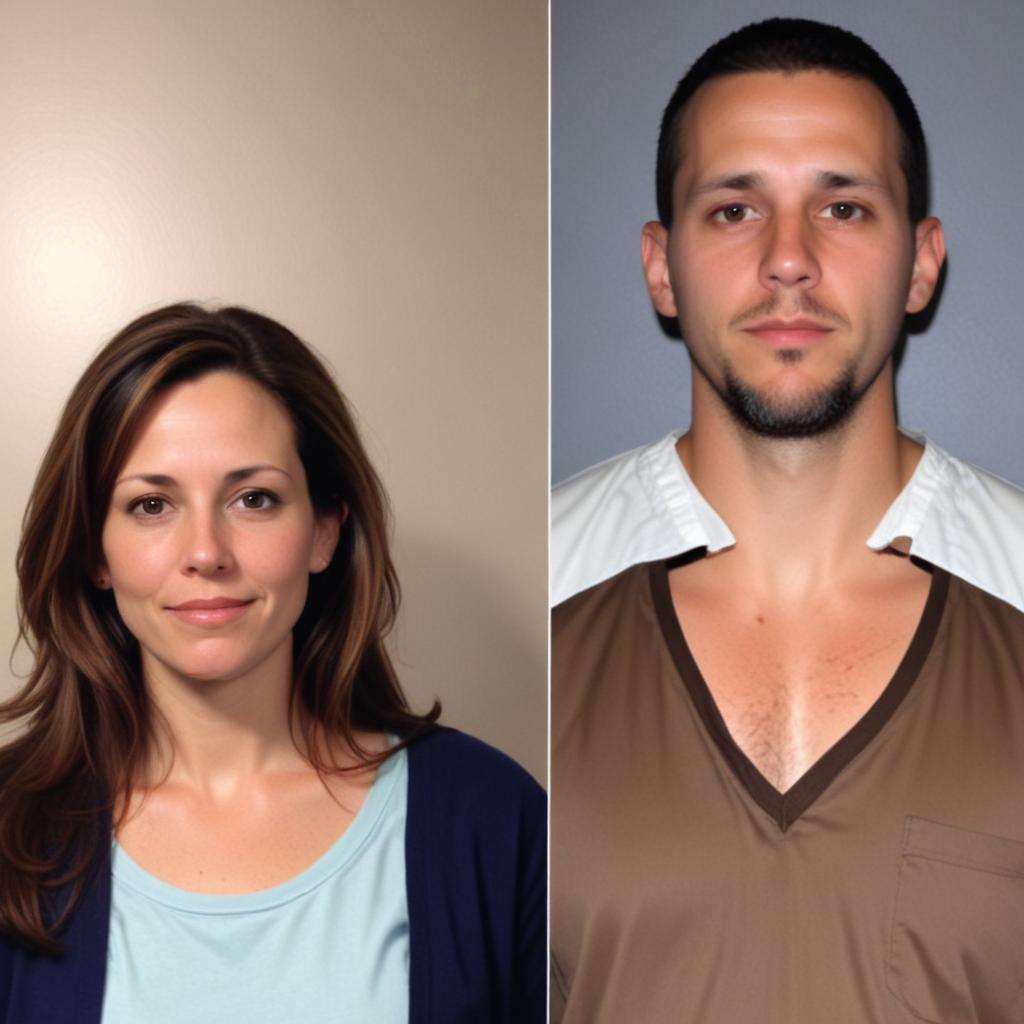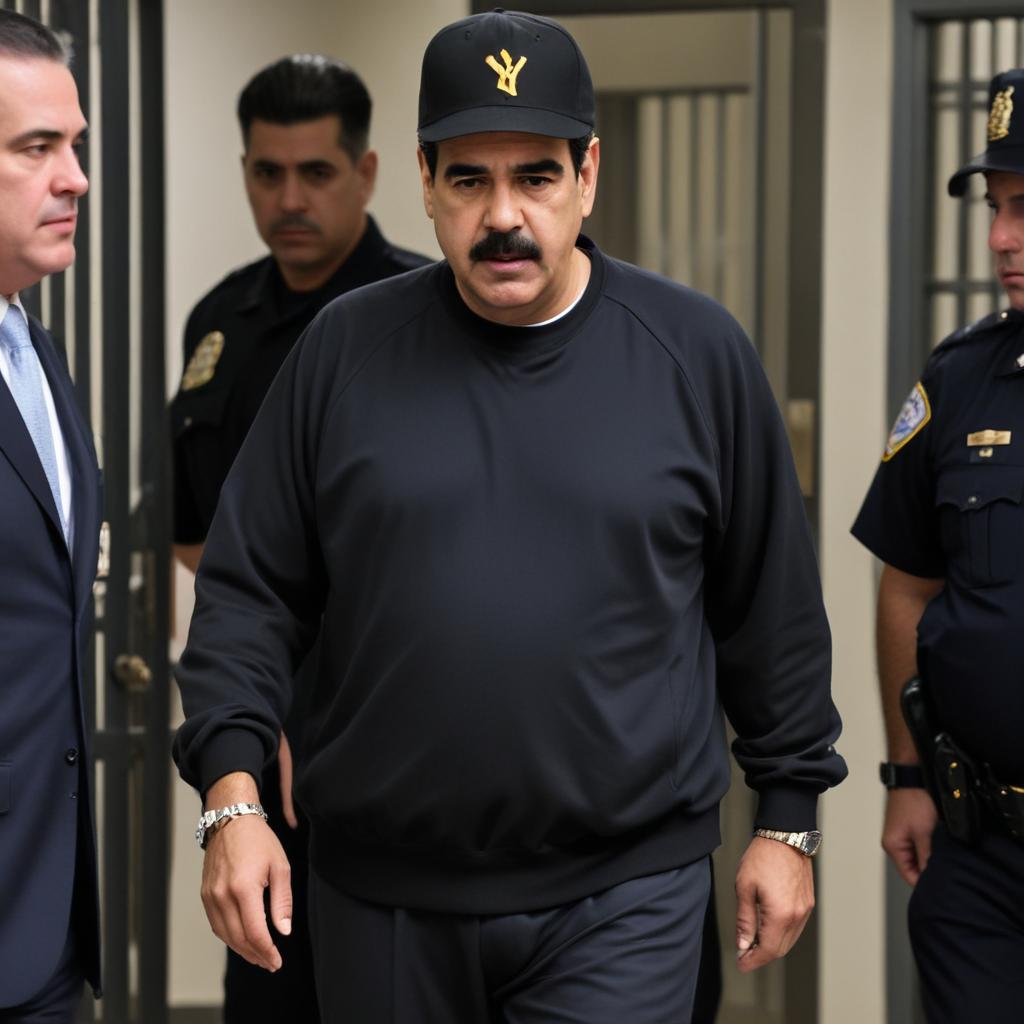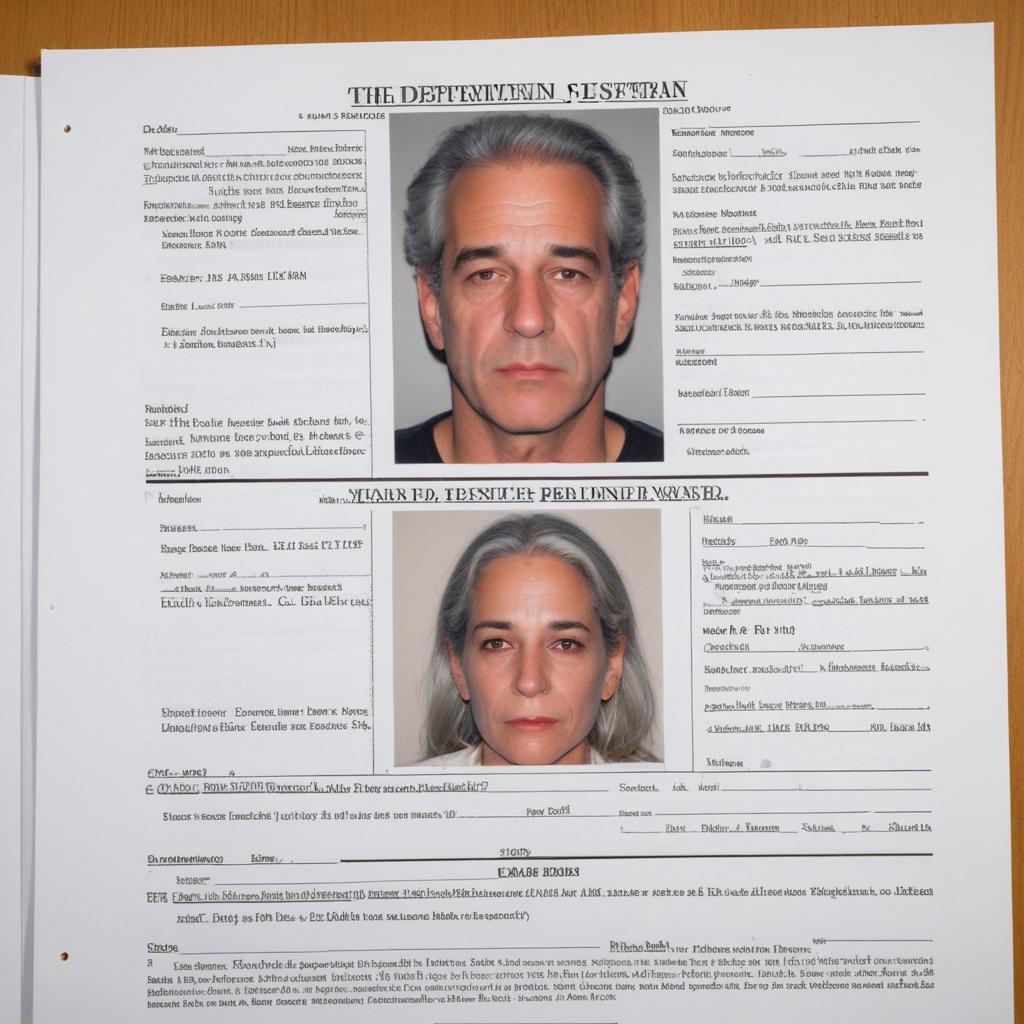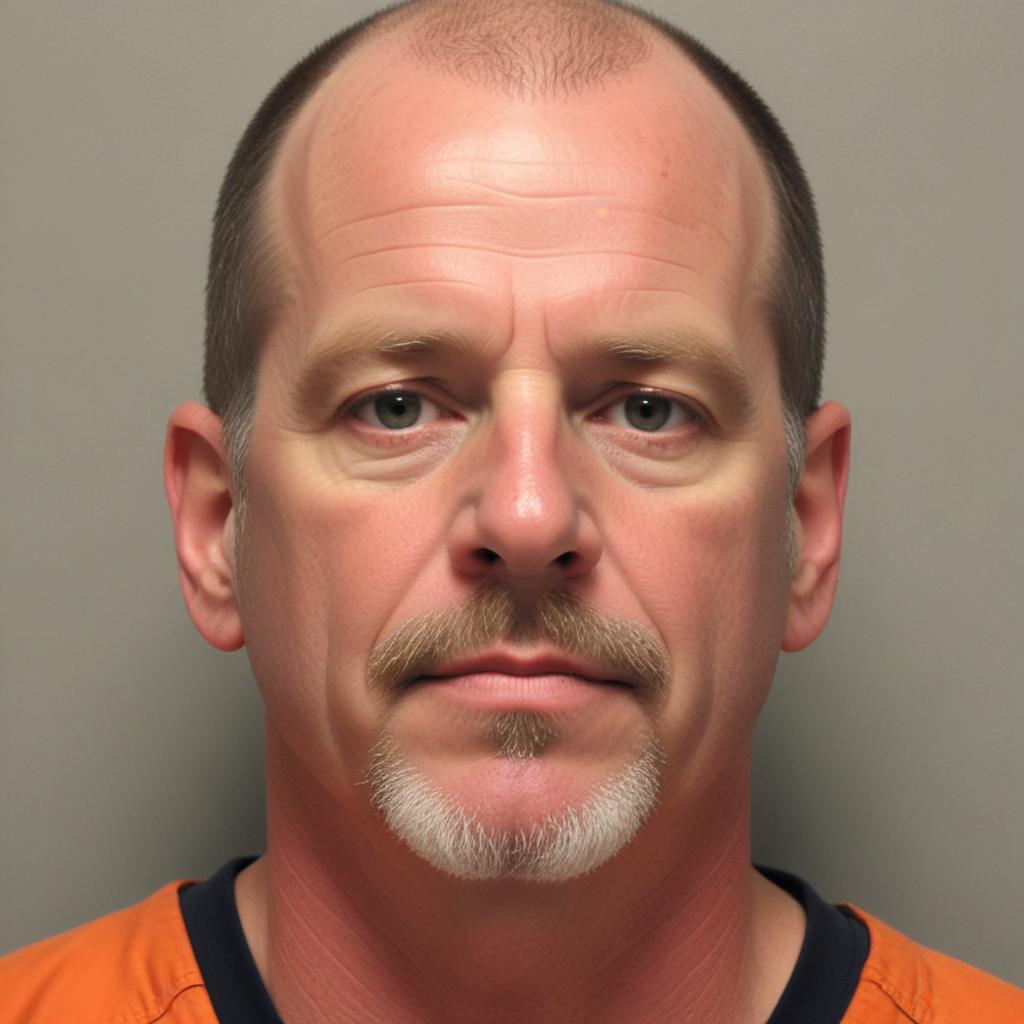
Sundance Scandal: Congressman Punched in Racist Attack!
U.S. Rep. Maxwell Frost was assaulted and punched in the face by a man making racist remarks at a Sundance Film Festival party in Park City, Utah; the assailant has been arrested.
Discover the most recent articles in this category

U.S. Rep. Maxwell Frost was assaulted and punched in the face by a man making racist remarks at a Sundance Film Festival party in Park City, Utah; the assailant has been arrested.

Michael McKee, the ex-husband of Monique Tepe, has been charged with the murders of Monique and her current husband, Dr. Spencer Tepe. The couple was found shot dead in their Columbus home, with their two young children unharmed inside.

A 24-year-old Mississippi man, Daricka M. Moore, was arrested after a Friday night rampage where he allegedly killed six people—his father, brother, uncle, 7-year-old cousin, a church pastor, and the pastor’s brother—at three separate locations in a rural area of Clay County.

Columbus, Ohio police are investigating the shooting deaths of Dr. Spencer Tepe, 37, and Monique Tepe, 39, who were found deceased in their home on December 30. Their two young children were unharmed. Authorities have released security footage of a person of interest seen near the couple's home during the suspected time of the attack, between 2 a.m. and 5 a.m., and are seeking public assistance.

Former Venezuelan leader Nicolás Maduro was captured by US forces in Caracas and subsequently perp walked, handcuffed, through DEA headquarters in New York City, facing federal narco-terrorism charges. He was seen wishing agents a 'Happy New Year' before being taken to a Brooklyn detention center, where crowds celebrated his downfall.

The driver involved in a deadly car crash that injured heavyweight champion Anthony Joshua and killed two of his friends in Nigeria has been charged with dangerous and reckless driving.

New England Patriots wide receiver Stefon Diggs is facing felony strangulation and misdemeanor assault charges after his former private chef accused him of physical assault during a financial dispute. Diggs and his lawyer vehemently deny the allegations, claiming they are financially motivated, while the Patriots have expressed support for their star player.

Thieves drilled into a German bank vault in Gelsenkirchen during a holiday, stealing an estimated 10 to 90 million euros from 2,700 safety deposit boxes. Police discovered a hole in the wall and believe a large drill was used, with masked suspects seen on video footage in a stolen vehicle.

The Department of Justice has released a massive batch of Jeffrey Epstein investigation documents, revealing new details about Donald Trump's previously unknown frequent flights on Epstein's private jet, mentions of the British Royal Family, and the identification of at least ten unrevealed co-conspirators. The release, however, is heavily redacted and has drawn criticism from victims and investigators for its incompleteness and handling.

Brian Walshe was sentenced to life in prison for the first-degree murder of his wife, Ana Walshe, whose body was never recovered. He admitted to dismembering her and disposing of her remains, while prosecutors highlighted his incriminating online searches and a suspected financial motive amidst a failing marriage.